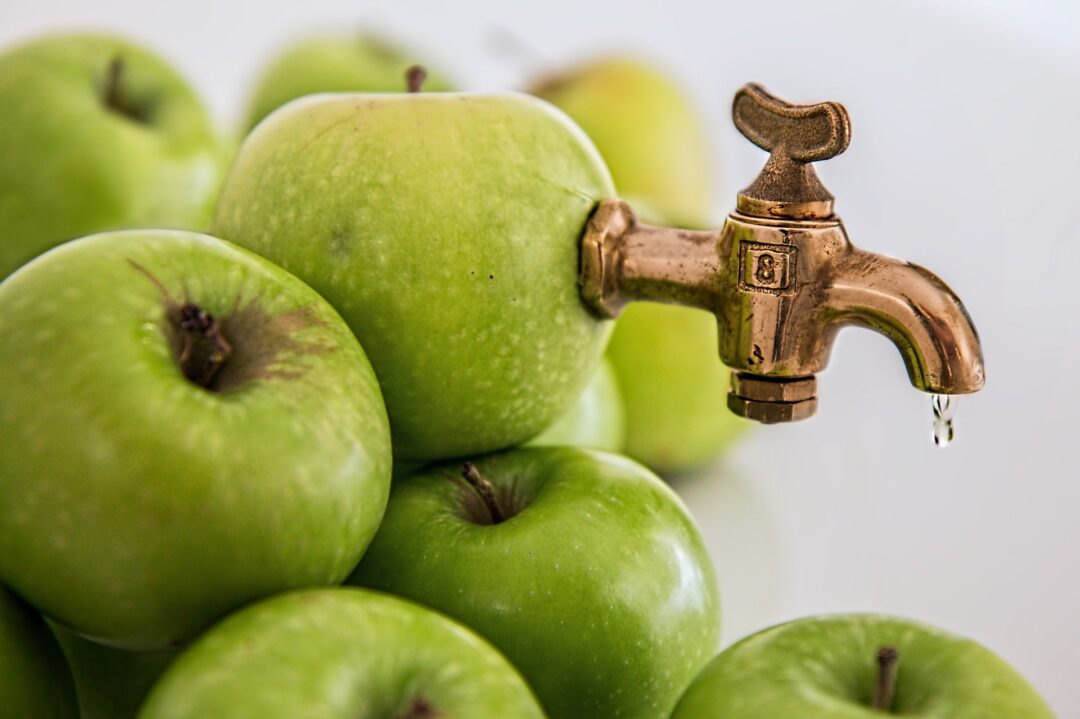According to FAO, about 45 % of fruit and vegetables spoil before consumption, wasting the economic and human resources used in their production. Currently, Alicyclobacillus spp. is one of the microorganisms of greater concern to the fruit juice industry because its spores can survive pasteurization procedures normally applied to fruit juices causing their spoilage. That spoilage has been reported in a wide variety of fruit juices and it is characterized by production of off-flavours that can be described as medicinal due to the production of chemical compounds like guaiacol. However, not all types of juice allow Alicyclobacillus growth or taint production. Per example, red grape, cranberry or prune juices inhibit its growth due to their content of phenolic compounds. In addition, Alicyclobacillus does not cause spoilage in concentrate juices or at refrigeration temperatures. The surveys carried out demonstrate that fruit juice processors are concerned about Alicyclobacillus spoilage and highlight the need for scientific research on formulation strategies able to control spoilage caused by this microorganism.
In the past, fruit juices had been considered safe due to its low pH. However, in the last years, juices have been linked to outbreaks caused by foodborne pathogens, since some pathogenic strains may survive in acidic food, there is a growing demand for new juice formulations including vegetable juices with higher pH and consumption of unpasteurized juices has increased. However, in the EU the incidence of foodborne outbreaks due to juices are difficult to know because in the EFSA reports, there is not a juice category and they are included in other food categories. There is also little information about pathogens incidence on unpasteurized juices, but some studies have detected Salmonella, Escherichia coli and Listeria monocytogenes. Survival and growth of pathogens in juices have been reported, and survival could be enhanced by microbial adaptation to sublethal acidic environments. Pathogenic virulence can be modified by pathogen stress adaptation. Therefore, unpasteurized juices could represent a potential hazard for human health, but some phenolic compounds from juices could have an inhibitory potential against foodborne pathogens and could be used to obtain safer juice formulations.
The objectives of the project are to prevent fruit juice spoilage caused by Alicyclobacillus acidoterrestris and to mitigate biological risks associated with the consumption of unpasteurized juice and vegetable juices. To prevent fruit juice spoilage, the incidence of Alicyclobacillus acidoterrestris on pasteurized/HPP-juices will be determined and the capability of A. acidoterrestris to growth and spoil different fruit juices will be studied. Then, strategies to prevent fruit juice spoilage will be studied by the modification on intrinsic and extrinsic factors of juices and the addition of phenolic compounds from fruit juices. To mitigate biological risks associated with unpasteurized juices, the incidence of Salmonella, L. monocytogenes, E. coli O157:H7 and Norovirus on juices will be determined, the possible sources of pathogens during cold-press juicing will be evaluated, as well as the survival and growth of pathogens on different juices. Then, the effect of juice formulations containing juice phenolic compounds on pathogens survival and growth and its virulence will be studied.


Recent Comments